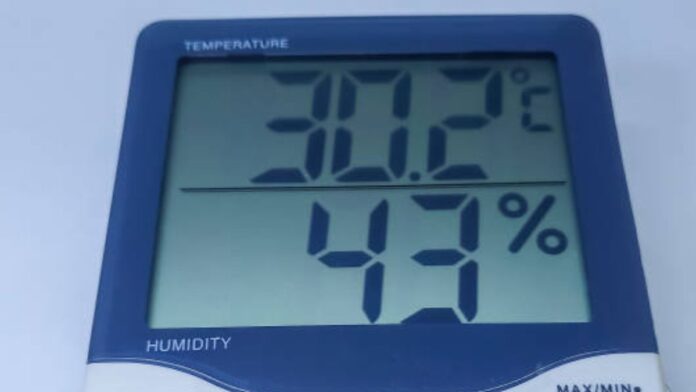Data logging is the process of recording information. In most cases, this refers to measuring environmental conditions and noting them down. Although manual data logging is possible, it’s not as accurate or effective as having the conditions monitored constantly.
By using a sensor device to collect data, you’ll save time and money that would be otherwise used to schedule measurers and recorder. The collected information will go straight to the people who need it, rather than taking up time out of individuals’ schedules.
Having data loggers will help you identify issues in your supply chain so that you can take steps to fix them. Here’s how it works:The sensor Keeps track of and records the data.We will help you to identify the issues.Resolve the issues or have someone else do it for you.After that, you move on to monitoring and continual improvement.
When it comes to data logging, there are other factors you’ll want to consider
Below are some factors you should keep in mind as you compare data logging options:
The size of data loggers
While space is often times limited, especially for applications, there are luckily many compact and portable data loggers on the market.
Speed and memory are both important when it comes to Data Loggers. But which is more important?
Data loggers can exist as either manual or cloud-based models. And within these categories, there are different sub-models which boast diverse processing and data download speeds, along with varying memory capacities. Memory is crucial because it reflects how much input a device take before the information needs to be transferred onto a computer or server. When real-time monitoring is occurring though, memory becomes less of an important issue.
Storage type
Don’t worry about data loss from power outages! Many data loggers have non-volatile memory, meaning the information is stored even if the battery dies.
The ability to expand input
With some data logging devices, users can add input channels to meet their changing needs.
The device’s measurement accuracy
The margin of error might be acceptable in some cases, but not always. It depends on what you plan to use the device for and how accurate you need it to be. For example, a 1 degree Celsius difference in temperature readings is usually negligible. On the other hand, 0.01 percent accuracy might be necessary for more sensitive applications
To put it simply, data logging temperature is one of the most commonly monitored parameters. Therefore, you wouldn’t need a more expensive device just for measuring temperatures.
Device longevity
Though they cost more initially, data loggers built to last longer will save you money in the long run as you won’t have to replace them as often.









